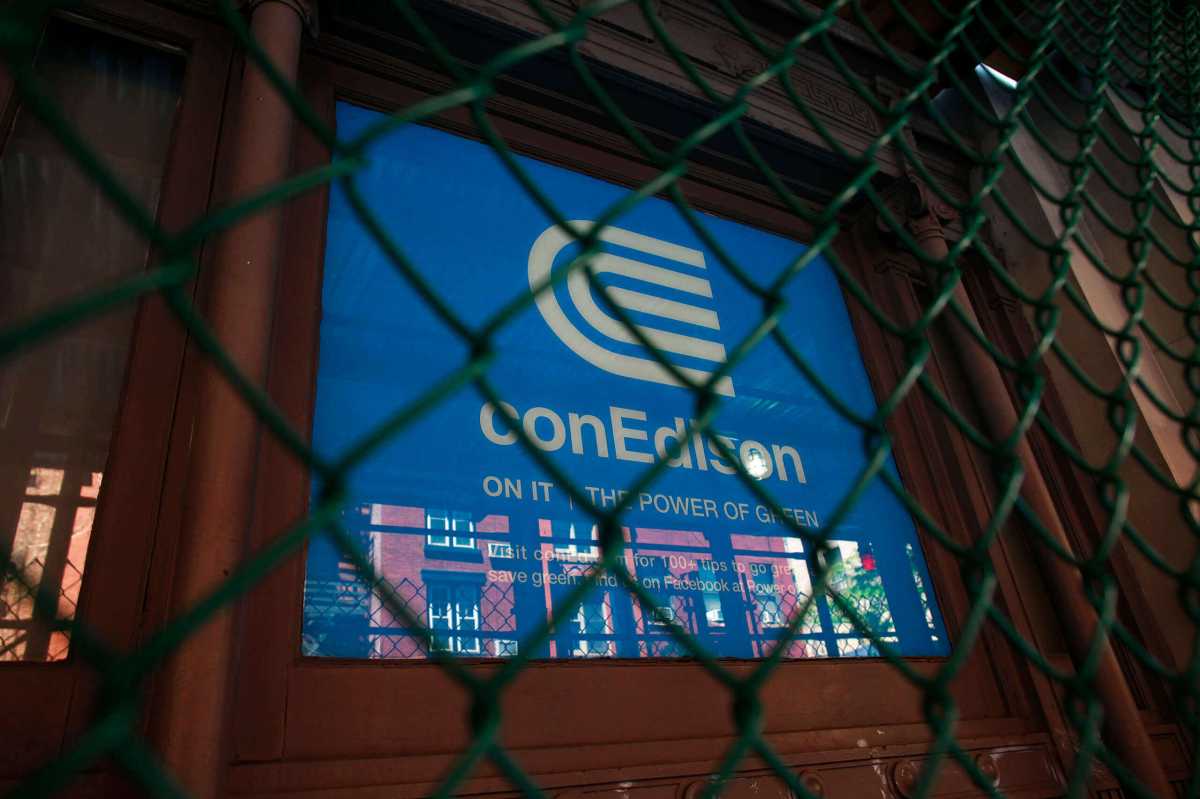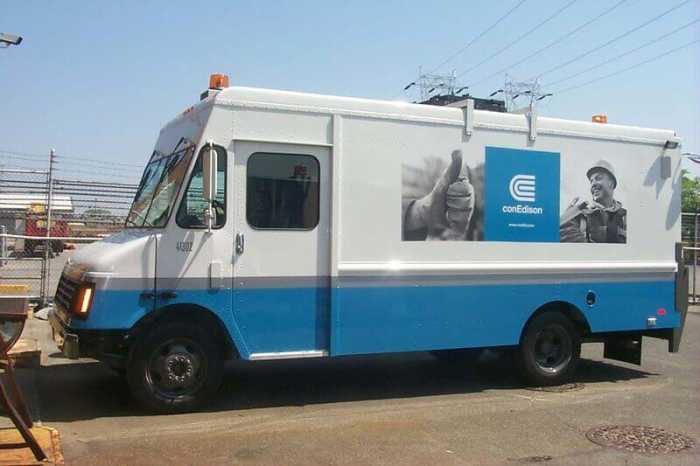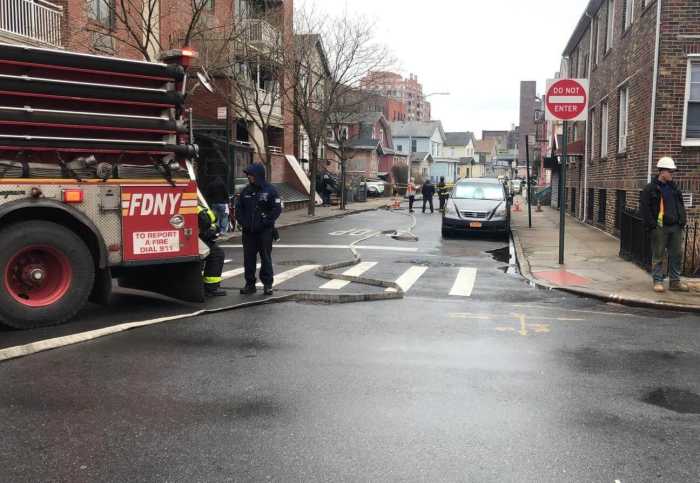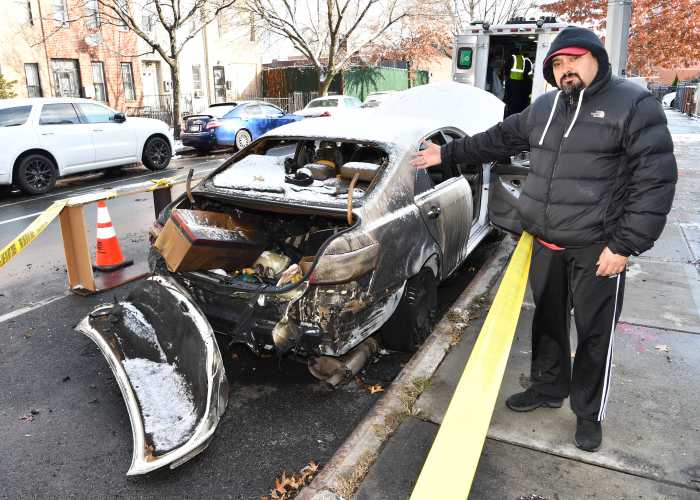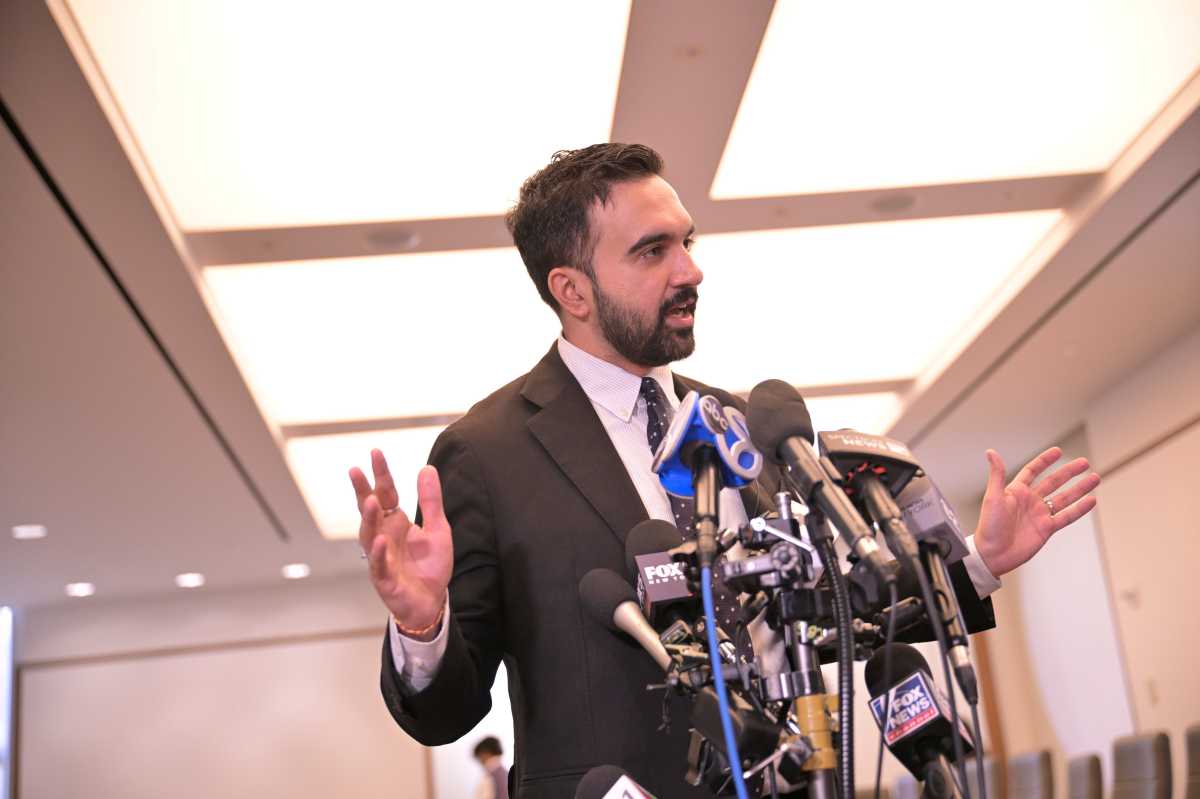Watch out. Con Edison’s next bills roll-out might not be much-higher like the ones New Yorkers saw in early February, but they will be higher than last month’s, the gas and energy company has warned. Con Ed’s costumers see costs rise since natural gas prices do the same. Pushback from advocates, politicians, and regular old bill-payers has not been short.
The Manhattan-based company warned locals in November about climbing gas costs, informing that gas prices were on the rise and the cost of gas heating could increase as much as 24 percent on average through the winter.
It did, not, however, inform customers that electricity was also expected to be higher, according to the Department of Public Service (DPS).
Con Ed representative Allan Drury said the much-higher bills are caused by users’ high demand through cold weather and the increase in natural gas commodity prices.
“Though we do not have final numbers for March, most customers will see bills that are more typical than February, as February bills included a large credit for January hedging gains,” said a statement from Con Ed. “Customer bill impacts vary by billing cycle and energy costs. “We urge customers who are falling behind on their bills to get in touch with us.”
The transition to green energy sources, which both the the electricity supplier and the state are investing millions of dollars in, plus bans on commerce with Russia are affecting the market.
New Yorkers were unpleasantly surprised by a large spike in their January electricity bills when they arrived in their mailboxes last month.
January’s cold weather was reflected in a 40 to 50 percent price increase for many who tried to stay warm by cranking up the heat. Others claimed it was more than triple. In January 2021, bills were already 20 percent higher than they were in 2020 — something some residents have called “shameful,” especially considering the city’s low-income communities.
The cost of power during times of peak demand in New York is averaging $138.70 dollars a megawatt-hour so far this year, up from about $48 a year ago, according to grid data from MCG Energy Solutions. This explains why some home bills showed an increase in supply even as the energy usage was similar to previous months.
Con Ed’s response to the massive flow of complaining customers in an email was, in other words, that high prices are not their fault, but the market’s.
The company buys power wholesale and delivers it at cost. This by itself might be very high from one month to the next. A separate PSC-approved charge for the use of Con Ed’s infrastructure from plants to consumer’s homes and businesses also takes part.
“Con Edison does not generate electricity, nor can we manage the financial practices of the private power generators or the suppliers of the natural gas,” said Jamie McShane, the director of media relations for the utilities company in an emailed statement.
However, the increase on energy delivery cost — from $59.99 dollars in December to $64.24 dollars in February for a home that uses 300 kilowatt-hours — is the utility company’s doing.
Since Con Ed owns the infrastructure to deliver power from plants to homes and businesses, New Yorkers might have other choices when it comes to buying power, but not for who delivers it.
Gov. Kathy Hochul, State Attorney General Letitia James and state Sen. Alessandra Biaggi spoke out against the price increase earlier this year. Along with regulators at the DPS, they called for Con Ed to better prepare its energy reserves — and its customers — for times when prices spike.
“Even though the spike we are seeing in electricity, natural gas and fuel prices were predicted and are due to severe winter weather, I am calling on Con Ed to review their billing practices because we must take unified action to provide relief for New Yorkers, especially our most vulnerable residents,” said Hochul in a statement in February.
Brooklyn Borough President Antonio Reynoso and 15 City Council members from Brooklyn added their voices to the chorus last month, sending a letter urging an investigation of the higher prices to the PSC last month.
On Feb. 11, the PSC sent a letter to Timothy P. Cawley, Con Ed’s Chairman and Chief Executive Officer, urging the company to take immediate action to remedy the issue, adjust their billing practices, and improve communication with their customers.
“Once each month, Con Edison forecasts the value of its hedge — whether positive or negative — and adjusts customer supply costs to account for those forecasted gains or losses,” Cawley responded. “If actual prices differ from the forecast, in either direction, then Con Edison reconciles this difference by adjusting these costs in the following month. While customers are now experiencing the benefits of the monthly hedge reconciliation, we recognize that many customers have struggled recently with higher-than-expected bills. For those customers, Con Edison offers a range of programs.”
A possible increase in delivery charges is in the horizon.
The company has warned that delivery rates will need to be adjusted in order to finance changes to meet the goals that match the state’s and the city’s of going net zero in 2040.
Upcoming green-energy projects, reinforcing wind and solar energy production and building infrastructure to deliver it might be reflected on costumers’ bills.
The 2021 closure of Indian Point, a nuclear plant 25 miles north of New York City, due to safety precautions led to a larger reliance on power generated by plants that burn natural gas and emit more pollution. Indian Point used to provide about 25 percent of the city’s energy.
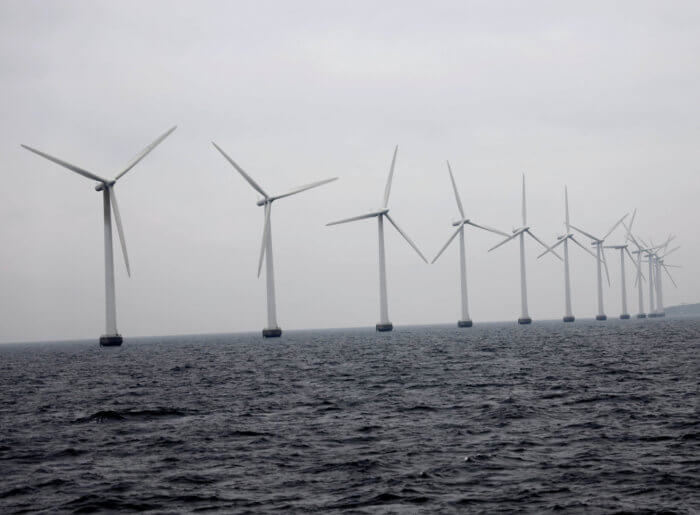
Right now, New York state gets over 70 percent of its energy from fossil fuel. It only generates 6 percent from wind and solar.
The state’s Climate Leadership and Community Protection Act requires a 40 percent reduction in statewide greenhouse gas emissions by 2030, a reduction of at least 85 percent by 2050 and achieving net zero emissions by 2050. Meeting these targets will reduce health risks for New Yorkers and contribute to mitigate the causes of climate change while providing important job and grid benefits, according to the Natural Resources Defense Council.
As a part of their Clean Energy Commitment, Con Ed is building Reliable Clean City transmission lines in Queens, Brooklyn and Staten Island, with planned investments of approximately $800 million in the projects, Milovan Blair, Con Ed’s senior vice president of central operations, told Brooklyn Paper’s sister publication amNewYork Metro.
Construction is currently underway in Queens. Two projects, connecting substations in Gowanus and Greenwood in Brooklyn are expected to be completed in 2025.
In January, Con Ed submitted a new rate hike request to the PSC. The utility is asking state regulators for permission to raise residents’ electric bills by 11.2 percent, while gas would cost a whopping 18.2 percent more starting in 2023.
“The actual bill impacts of these proposed changes on any particular customer class will vary based upon revenue allocation and rate design,” said a notice from Michelle L. Phillips, secretary of the DPS.
Public hearings, where New Yorkers can make their feelings about the potential rate hikes known, are ongoing, with two final hearings scheduled for Thursday, March 31, at 1 pm and 5 pm.
“Con Edison’s recent request of a $1.7 billion increase in rates is almost three times the size of their 2019 case, with delivery rates increasing at three times the rate of inflation or the social security increase fixed income households received before this winter’s massive bill surge,” said Richard Berkley, Executive Director of the Public Utility Law Project of New York, at a March 22 hearing. “More than 400,000 of Con Ed’s residential customers were already deep in debt to the utility before these excessive new charges that will worsen the continuing economic harms of COVID-19. This is a time for the Company to stand with its customers and share some of this financial burden, not exacerbate it.”
Correction (6:30 pm): This story has been updated and corrected to reflect additional information from Con Edison.


